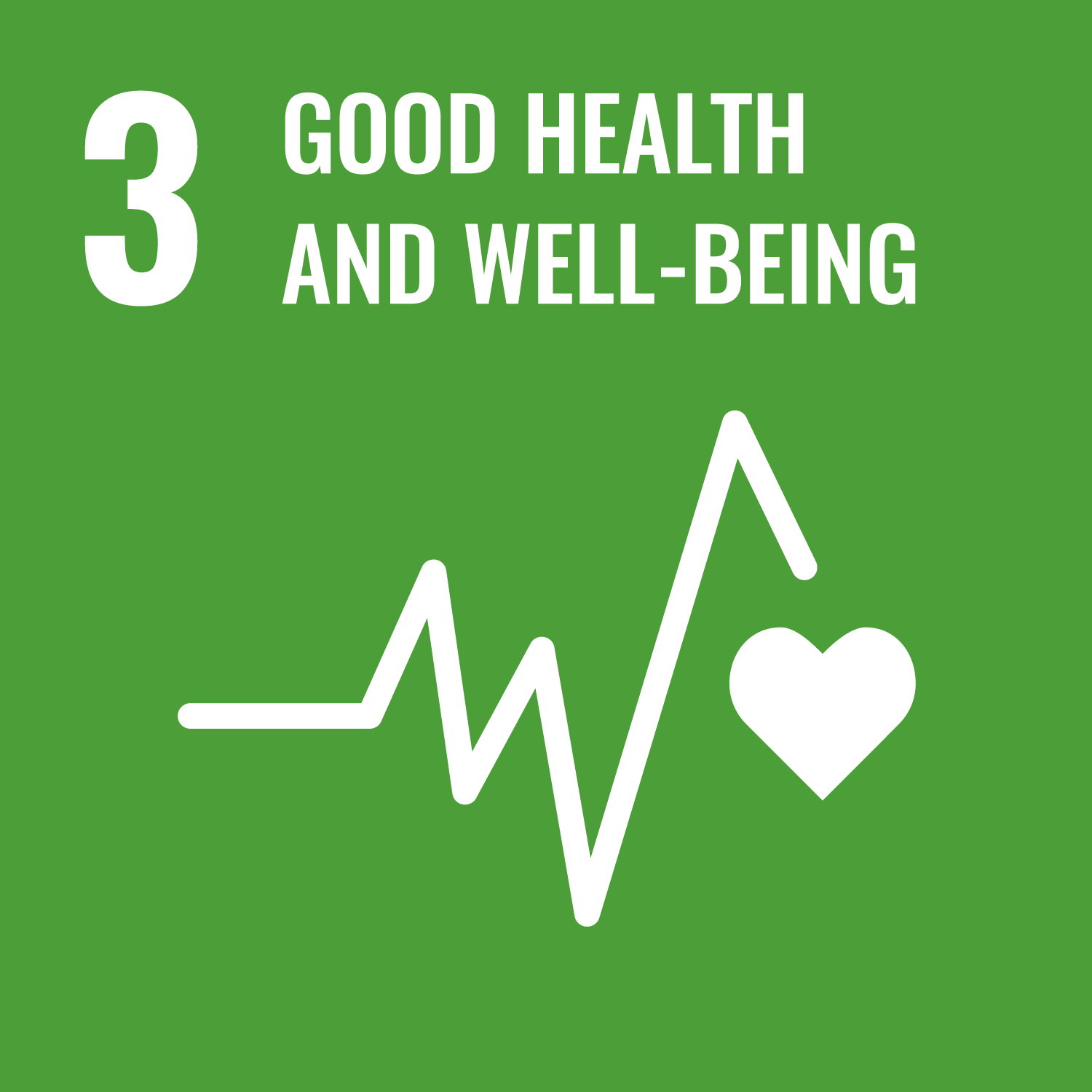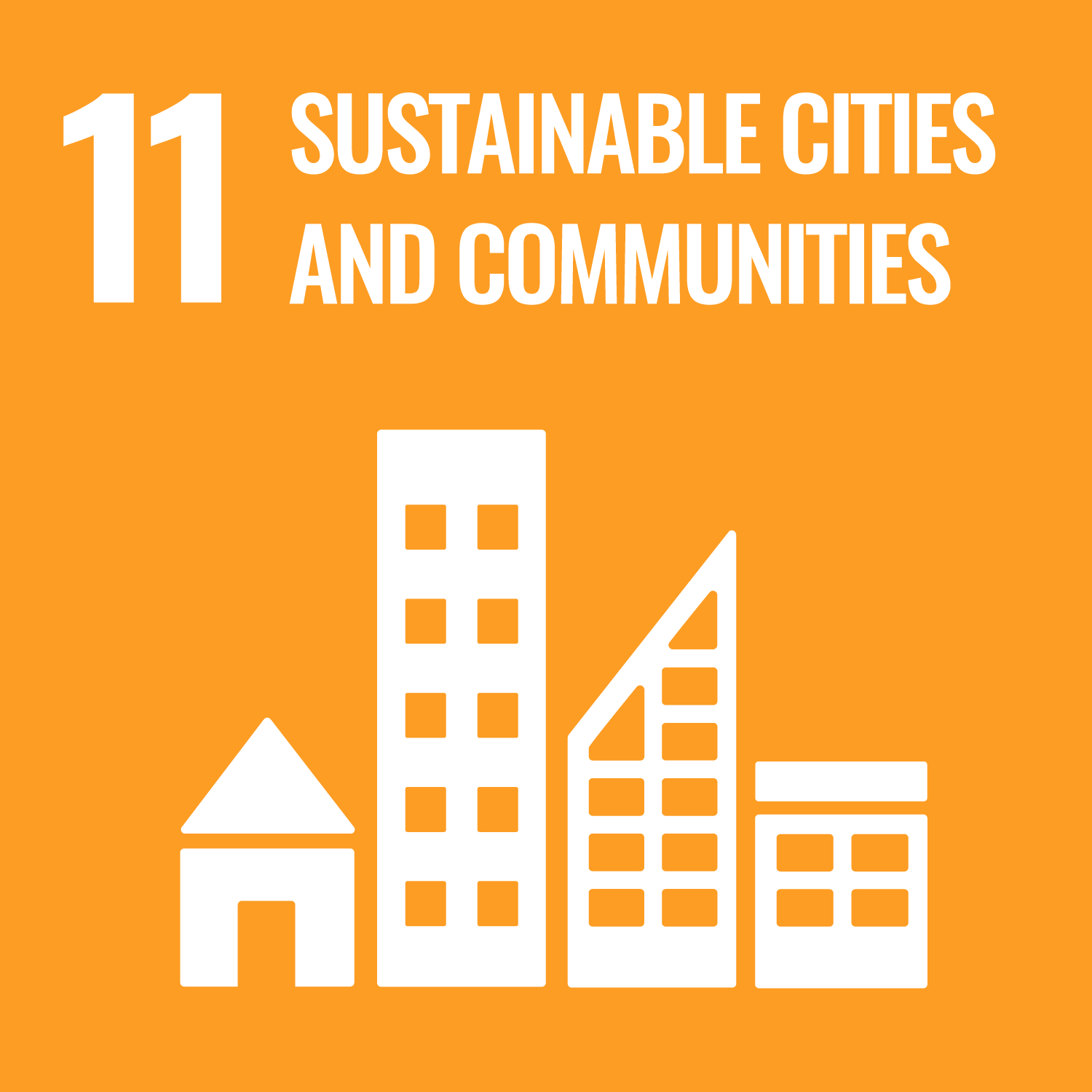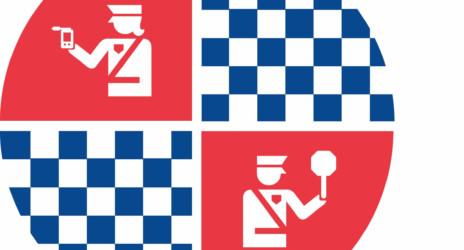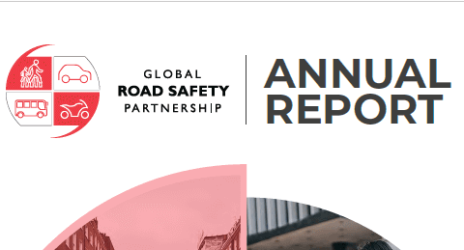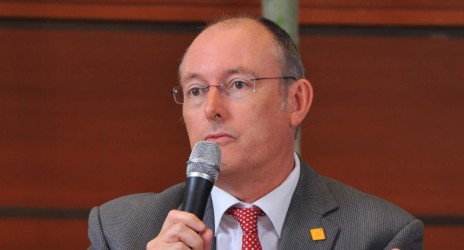Europe’s young ‘Stars’ : Encouraging a new generation of road-safety professionals
Young people interested in road safety are at the heart of an 18-month project that aims to jump-start transport research into speed management.
The STARS project, as it’s called, encourages students around Europe to run a local speed-management action to reduce speeding through infrastructure projects or communication projects (awareness campaigns, etc.). STARS is developed by the European Transport Safety Council (ETSC) and, at this phase, is being implemented in Romania, Czech Republic, France, Germany, Greece and Spain.
In Romania, the project is being implemented in partnership with GRSP-Romania, which is already working with national and municipal police in various speed management projects. GRSP Romania Country Manager Iustina Diaconu will travel to Brussels September 23-25 as a lecturer for students in the week-long “STARS speed management camp,” where Iustina will give a talk on “lobbying local authorities.” She will also be involved in the assessment of students projects.
In addition, four students (two male-female teams) from Romania have been selected to be among the 22 attending the speed-management camp. Daniel Chiba and Radu Lionte from the Police Academy of Bucharest were selected after coming up with an idea for a “cat’s eyes” kind of landmark on infrastructure to warn drivers of hazards. Iuliana Maria Gavril and Sebastian Narcis Vlasa from the Technical University of Iaşi were selected after they proposed several infrastructure ideas.
Organizers hope the students’ research and projects will demonstrate how excessive and inappropriate speed on roads can be reduced by using measures already available in most countries. The idea is to promote new efforts, strengthen knowledge on road safety in universities, and enforce shared responsibility between local authorities, private companies and car users. The programme is a chance to also work with a target audience most at risk.
The STARS project began in March of this year with a series of lectures and continued through June at universities in 6 European countries. The talks dealt with road safety and specifically about speed and its consequences (social, economical,
environmental, human, etc).
Speed-management camp
The programme continues in September with the STARS speed management camp, where participants will be given an integrated training week consisting of lectures given by professionals from across all work sectors (European Commission, European Parliament, academics, public authorities, police officers, fleet managers and NGOs, among others).
In addition, there will be group exercises and field trips to deepen students’ knowledge on road safety and speed management. They will discuss and develop their projects with experts also, before returning to their countries to implement them in cooperation with the ETSC.
Competition and evaluation
Returning from the camp, students will work in pairs and strive to implement their speed reduction project in their home country (over a six-month period). A constant follow-up will be done by the ETSC, including an evaluation visit a few months after the camp to witness the progress of the work that students have conducted.
This might include visiting high-risk infrastructure sites that students wish to cover, or meeting with university professors and local authorities with whom students are collaborating. This phase will enable a real interface to be established between all the projects developed in the countries involved.
STARS awards
At the end of the 18-month period, three groups of two students will be selected as the winners of the European STARS project. An award ceremony will be organized in Brussels and students will have the opportunity to present their project amongst a wide range of stakeholders (EU institutions, Road safety organizations, police forces etc). Awarded students will receive a small monetary prize also, for their contribution to road safety.
